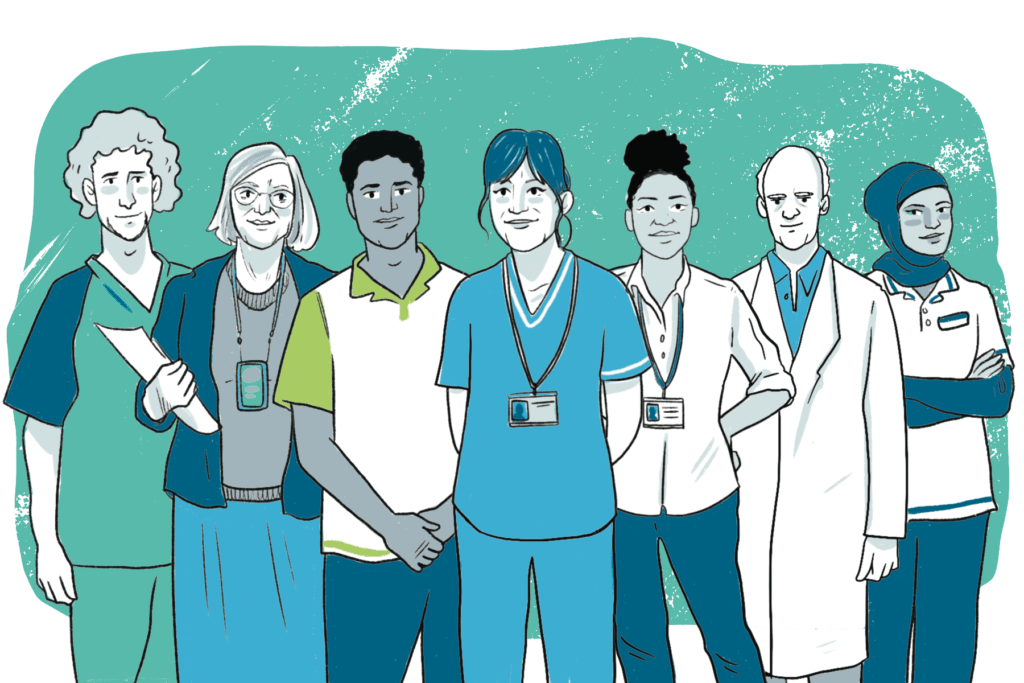Do you coax, cajole or coach?
The traditional approach to interacting with patients is pretty didactic. For some patients, and particularly in acute situations, that works. But what about for patients with chronic conditions, where it is well known that around half of all patients do not “adhere” to medical advice?
Health coaching is an approach that combines clinical skills with behavioural change assistance to help patients to become more aware of their own situation and accept responsibility for their own self-health. Consultant pharmacist Nina Barnett uses it in her everyday practice to support medication adherence. She told nurses attending last week’s Bayer HealthCare Hemophilia Nurse Conference in Prague that for those with long-term conditions, the coaching approach implies a shift away from “telling” towards helping patients to think about their own disease and empowering them to take responsibility for managing it, to define their own goals, aims and topics for discussion. It requires clinicians to accept that patients are resourceful and hold the solutions to their own problems. “If the solution to a problem comes from the patient, they are more likely to take the action needed to improve it.”
Which all sounds lovely until you’re faced with a spotty 15-year-old who doesn’t want to take his treatment? Which techniques should be used then?
Nina Barnett acknowledged that adolescents were a challenging group to work with: “they are at a place in their lives where they don’t necessarily know what they want, but its not about the clinician selecting the right technique but about changing their mindset.”
The clinician needs to acknowledge that the adolescent, who might be a real challenge, actually has a solution within them. “We need to understand his life and their perspective, and the fact that he is pulling away from his parents, who may have very different views. Empowering techniques can be used to show that you see them as individuals who have the potential to solve their own problems.
“In my experience in working with young people, the difficulty is often that they believe the healthcare professional still sees them as a child. The pivotal thing for adolescents is to be acknowledged as a responsible adult.”
Once that is achieved Nina suggested it may be helpful to get the adolescent to list all the reasons they can’t take their treatment. “Then, get them to focus on what’s the most difficult thing for them to do, what is the easiest thing for them to do, and what is it that they’d like to have a conversation with you about. They will almost certainly choose the thing that is most important to them, which offers you a great opportunity to then move forward together.”
It is about acknowledging the adolescent as an adult, and accepting that there are real barriers to treatment. Instead of trying to solve those problems for the patient, you need to get the adolescent themselves to take ownership of those barriers, and to start picking them apart with you.”
And what about those patients who consistently fail to complete their home treatment records, the ones for whom commissioners say you should be threatening the withdrawal of home deliveries? (We’ll miss Kingsley’s questioning skills once he’s working with wood instead of people.)
Nina acknowledged that healthcare professionals were rarely comfortable with such external forces that influenced their practice, but usually had no choice but to follow them. She advised, “sitting with the patient and explaining that this is something that we’ve been asked to do but don’t like to do. Be honest with them about how you feel about it. Allow the patient mentally to sit beside you rather than opposite you and negotiate that external agenda with them. If you are honest about how you feel about it, that will encourage them to be honest with you about how they feel. Then together you can move forward to a solution that is mutually acceptable.”
Anyone interested in working up a proposal for a clinical trial of health coaching in haemophilia practice? Apply within…
Mike Holland founded Haemnet and SixVibe. He is a medical writer, editor and event organiser – find him at Google+


